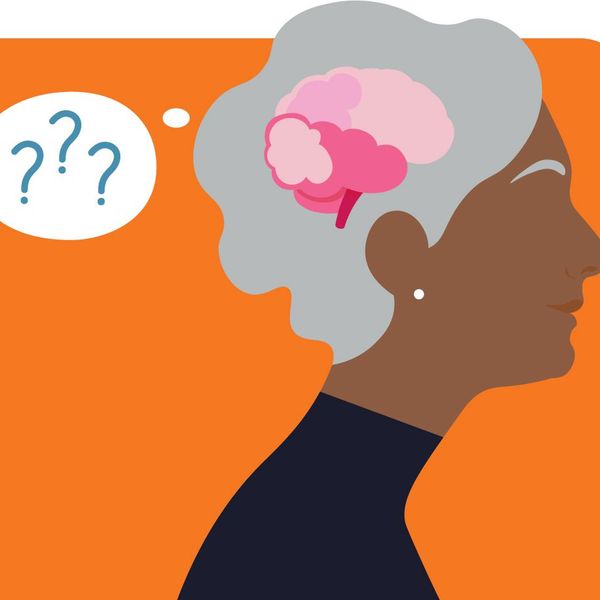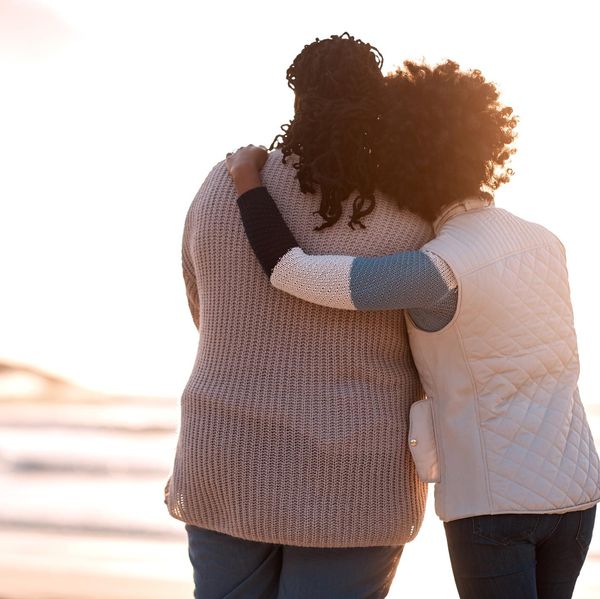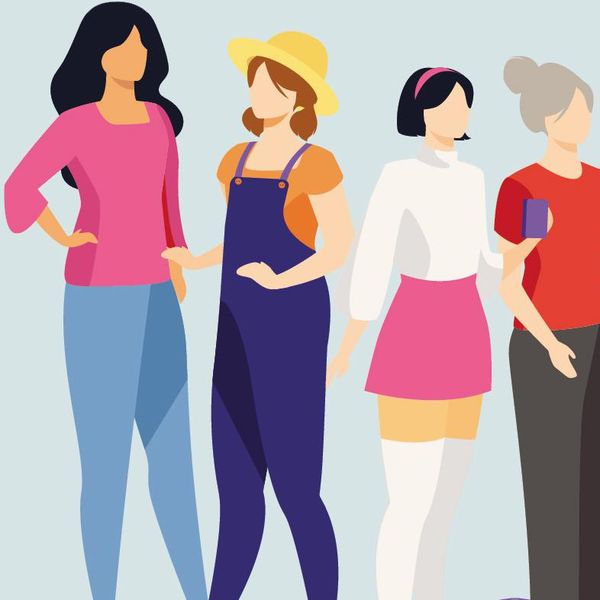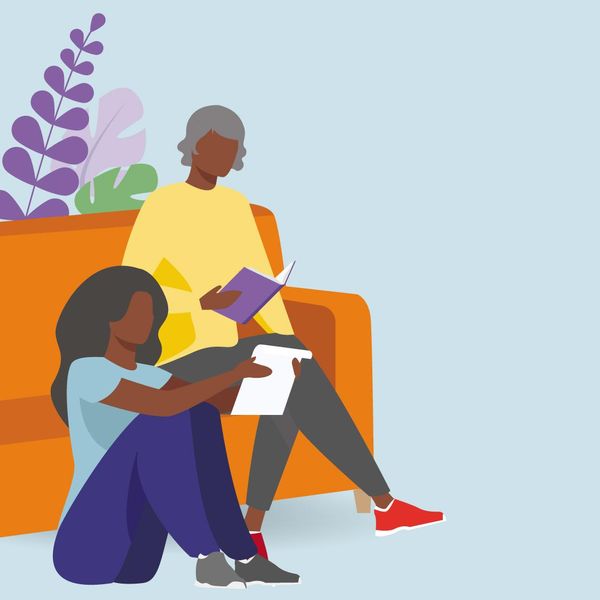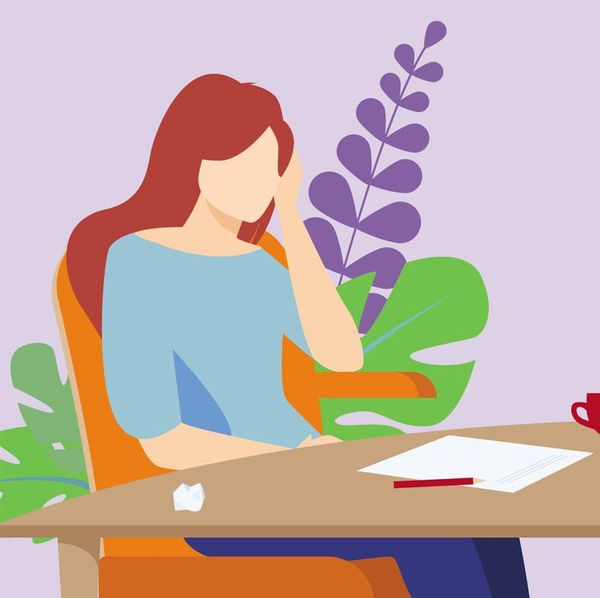Just the other day, I received a late-night call from a girlfriend who's caring for her mother who has Alzheimer's disease. She shared the heart-wrenching news that her mom no longer recognizes her.
It's no secret that an Alzheimer's diagnosis is life-altering: Alzheimer's disease, a type of dementia, is a progressive neurologic disorder that causes the brain to atrophy and brain cells to die. But the statistics are shocking. Today, an estimated 5.8 million Americans 65 and older have Alzheimer's, and that number is expected to rise to 13.8 million by 2050.
It also bears noting that two-thirds of Alzheimer's cases in the United States are women, and women, like my friend, take on the majority of the responsibility of caring for family members with the disease. As caregiver Loretta Woodward Veney explains in her moving story, "Every day is different with Alzheimer's. You just don't know how it's going to play out. You can learn and prepare for any possible outcome, but there's no one-size-fits-all treatment plan."
That's why I'm so proud to launch our new educational content on Alzheimer's disease. We will help you understand your risk factors, learn ways to maintain a healthy brain, and cover what you need to know about early onset Alzheimer's disease.
HealthyWomen's Women's Health Advisory Council member Dr. Sharon Allison-Ottey shares the questions you should ask your healthcare provider if you think you're developing dementia or notice signs in a loved one. We also offer easy-to-understand advice on what to do after you or a family member receives a diagnosis. And award-winning journalist Shannon Shelton Miller looks at the personal and financial toll Alzheimer's takes on women of color.
Through this program, we hope to educate and empower our readers and — as always — remind you that you're not alone.
This resource was created with support from Biogen.
Read more


